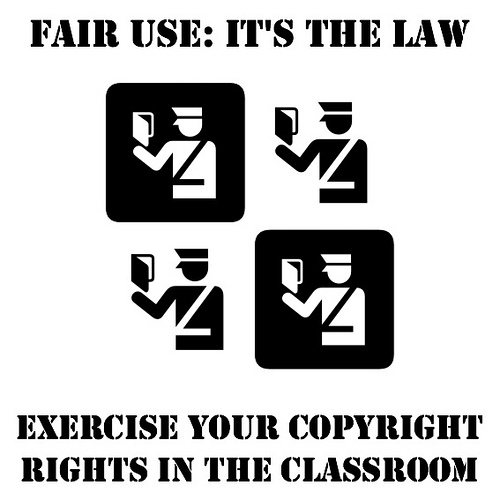I was surprised by how much activity there was yesterday over SOPA/PIPA.
If you’ve been following along, you’ll know that SOPA/PIPA are the House and Senate versions of a bill proposed to address the proliferation of websites that facilitate access to copyrighted content for free. I’ve spoken previously about my opposition to this legislation and took action by making my site, Casino online t?i Complete Sports, go dark using a WordPress plugin to register my displeasure. On MetaFilter, we created an interstitial clickthrough page so that everyone visiting the site would see it and be encouraged to contact their representatives if in the US, or take other actions for non-US users. I knew other sites were taking similar measures, most notably Reddit, but I was personally surprised at just how big it got and how quickly.
And by the time I called Patrick Leahy, the guy who was actually responsible for drafting PIPA, and his Montpelier office said they were having technical difficulties and to please call the Burlington office, I knew something was up. And I spoke to a staffer who clearly thought I was some sort of “Hey the internet sent me” person, telling me “It’s not like Google says it is” and seemed surprised though maybe not pleased when I went into the details of what my objections to the law were. And I used the internet like usual, except things weren’t usual. Wikipedia was dark (read this link for some laughs). Reddit was dark. BoingBoing was dark. Cheezeburger network and Craigslist had clickthroughs. Google did a custom logo. In fact I found it a little tough to predict which sites might go dark. The Syracuse iSchool had a very well done page. ALA hadn’t done anything in the morning but thanks to a little nudging, had a message of support up in the afternoon. The protest made the news. Here’s a quick roundup of some screenshots I made, in case you missed some or all of them. And, to bring this full circle, here’s Jon Stewart talking about how this sort of thing just might drive people back to the library.
Ultimately what is interesting to me is what happened. Several legislators changed their votes (check yours here). It was interesting seeing these roll in over Twitter before turning into more official sounding statements later in the day. At last count twenty senators announced opposition to the bill this week. Check this graphic. That, to me, is sort of a big deal.



